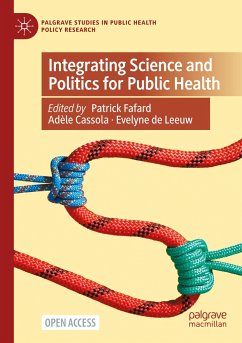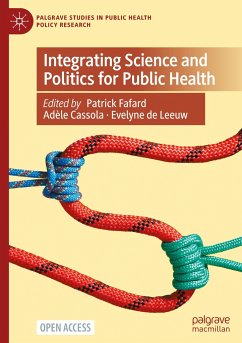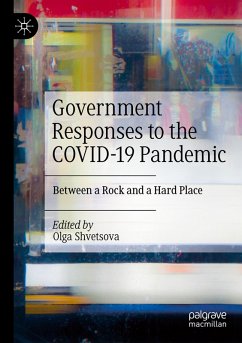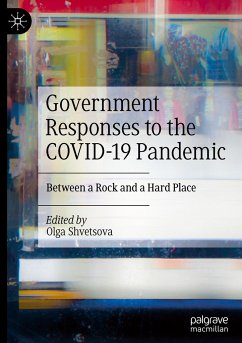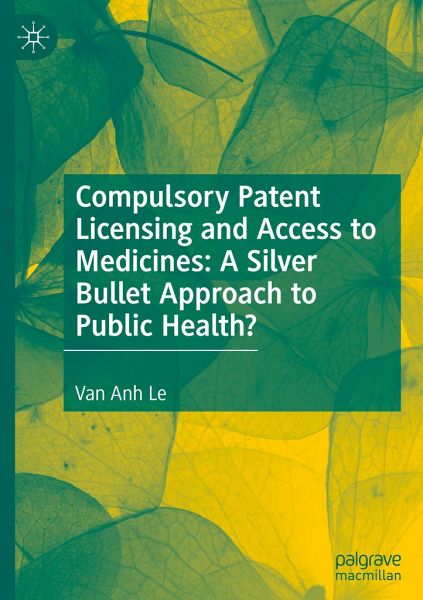
Compulsory Patent Licensing and Access to Medicines: A Silver Bullet Approach to Public Health?
Versandkostenfrei!
Versandfertig in 6-10 Tagen
76,99 €
inkl. MwSt.
Weitere Ausgaben:

PAYBACK Punkte
38 °P sammeln!
This timely monograph focuses on India and Brazil's use of compulsory licensing, one of the most significant and controversial TRIPS flexibilities. This is a topical work at this critical time when the COVID-19 has stirred up the debate about compulsory licensing and access to medicines. A closer look into the historical use of compulsory licences in certain countries can offer some takeaways for the current situation.The author studies historical developments and political conditions of the patent system and compulsory licensing from the earliest stage to the modern arena, with a great emphas...
This timely monograph focuses on India and Brazil's use of compulsory licensing, one of the most significant and controversial TRIPS flexibilities. This is a topical work at this critical time when the COVID-19 has stirred up the debate about compulsory licensing and access to medicines. A closer look into the historical use of compulsory licences in certain countries can offer some takeaways for the current situation.
The author studies historical developments and political conditions of the patent system and compulsory licensing from the earliest stage to the modern arena, with a great emphasis on TRIPS. After conducting a cross-national study of India and Brazil, the book moves on to evaluate the different philosophies on compulsory licensing of multilateral organizations such as the EU, the WIPO, the WTO, and NGOs.
This important book will strongly appeal to intellectual property students, academics, policymakers, and lawyers practicing in the area. It will also be of interest to academics working in the areas of international law, development, and public health as well as state actors and others with relevant concerns working in multilateral organizations.
The author studies historical developments and political conditions of the patent system and compulsory licensing from the earliest stage to the modern arena, with a great emphasis on TRIPS. After conducting a cross-national study of India and Brazil, the book moves on to evaluate the different philosophies on compulsory licensing of multilateral organizations such as the EU, the WIPO, the WTO, and NGOs.
This important book will strongly appeal to intellectual property students, academics, policymakers, and lawyers practicing in the area. It will also be of interest to academics working in the areas of international law, development, and public health as well as state actors and others with relevant concerns working in multilateral organizations.






